- May 30, 2025
-
-
Loading

Loading
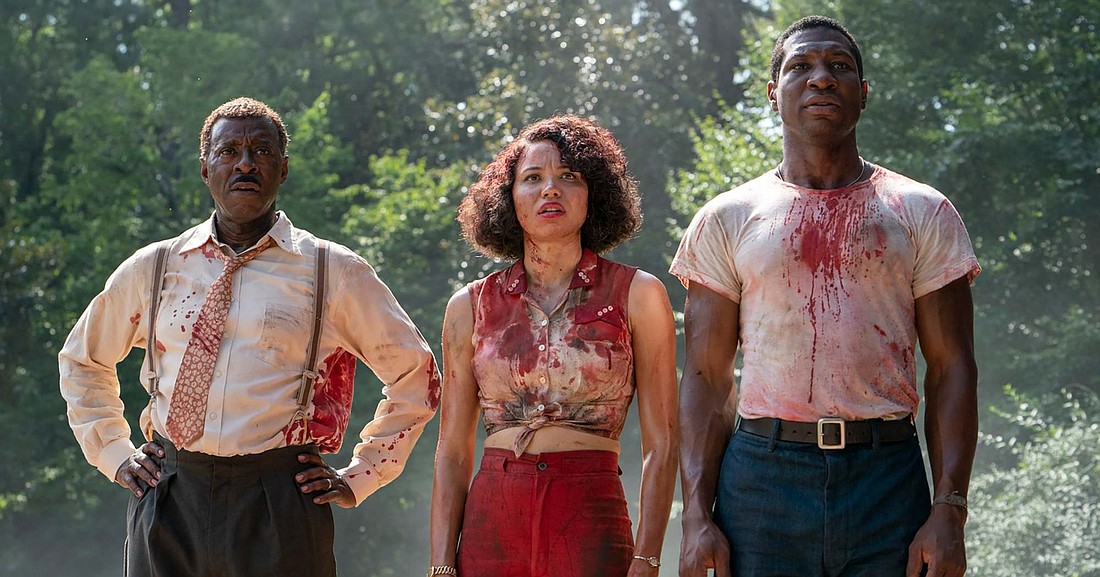
Per The Hollywood Reporter, Paul Thomas Anderson has cast Phillip Seymour Hoffman's son, Cooper Hoffman, as the lead in his next film (a 1970s high school drama set in California tentatively titled "Soggy Bottom," but that will likely change). PTA and PSH were friends and worked together on several films, including "Boogie Nights," "Punch Drunk Love," "Magnolia" and "The Master." Casting PSH's son (to play a child actor, no less) is a touching gesture. It'll be hard to match PSH's legacy, but I'm fascinated to see what type of presence Cooper Hoffman brings to the screen. The rest of the "Soggy Bottom" cast is just as intriguing: Bradley Cooper will co-star as a teacher, but so will Alana Haim (of the band HAIM) in an as-yet-secret role and Bennie Safdie (of the film-directing Safie brothers) as a town mayor.
Speaking of famous sons, Brandon Cronenberg is set to release his first film in eight years, "Possessor," on Oct. 9. Here's a new trailer. The son of horror legend David Cronenberg has only directed one feature-length film previously, 2012's "Antiviral," but "Possessor" is getting positive reviews. The trailer, at least, looks pretty gnarly. The film stars Jennifer Jason Leigh, Andrea Riseborough and Christopher Abbott.
Francis Ford Coppola will release a new cut of "The Godfather: Part III" this December, along with the new title "Mario Puzo's The Godfather, Coda: The Death of Michael Corleone." (Spoiler alert, Francis!) According to Coppola, the film will feature a new beginning and ending, as well as some other changes. Interesting!
HBO, rated TV-MA, three episodes, three hours of content (with seven episodes remaining)
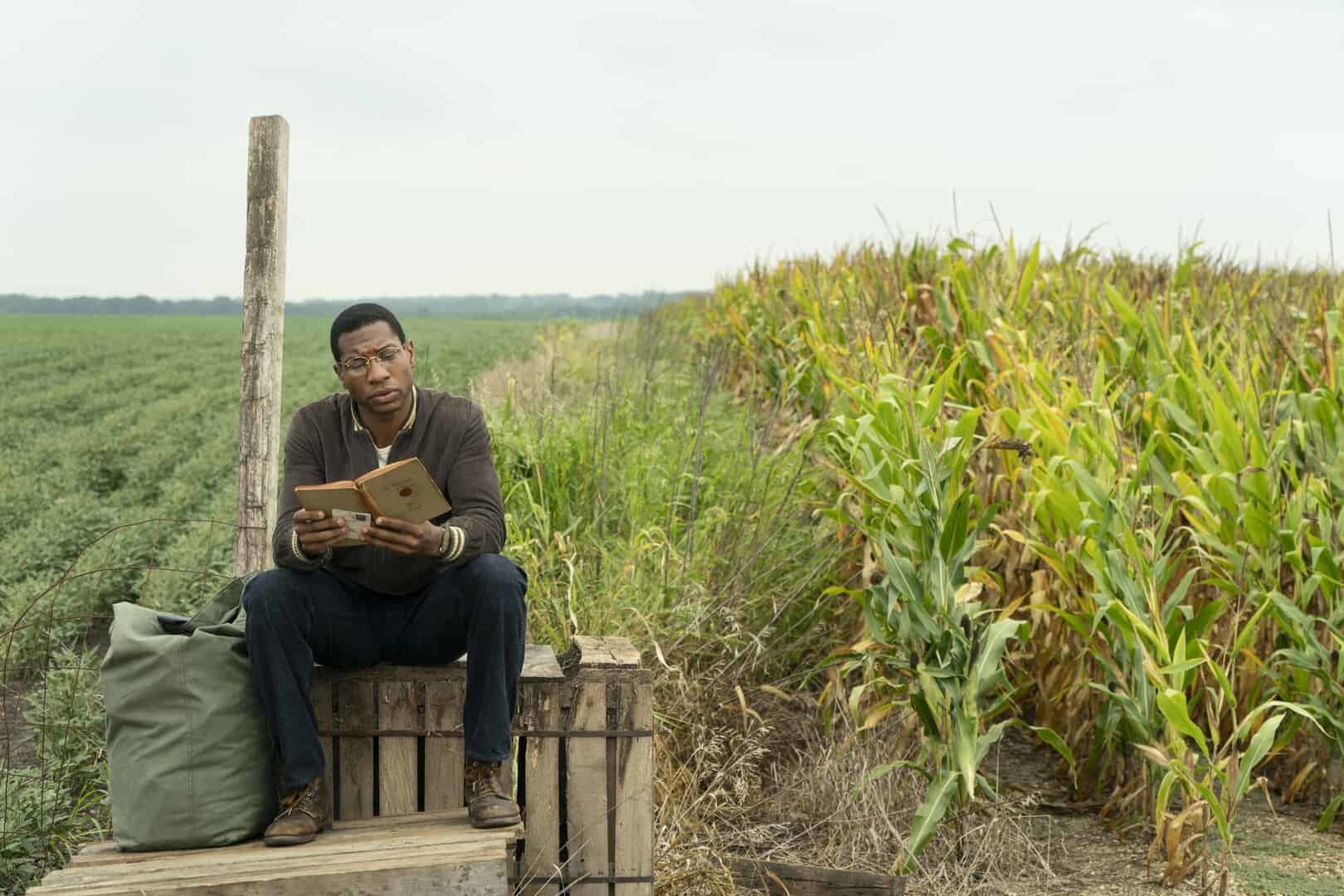
H.P. Lovecraft was a genius horror novelist.
H.P. Lovecraft was also a raging racist, going as far as calling Black people less than human.
These two things can be, and are, both true. It's hard enough for someone like me to separate the two. I can't imagine what it's like for Black readers who love Lovecraft's visionary monster myths. HBO's "Lovecraft Country," and the Matt Ruff book its based on, attempt to wrestle with this idea and put some power back in the hands of the people who admire Lovecraft even while the target of his hate.
It's 1955. Atticus (Jonathan Majors) is a war vet who loves reading, especially horror novels. He's loved them from a young age, but his father, Montrose (Michael Kenneth Williams), would never let him read Lovecraft novels, ripping them away when he tried. The two always had a contentious relationship. Montrose was a heavy drinker and would disappear for days, even weeks, at a time. As adults, they hardly ever talked. But when Montrose writes Atticus a desperate note asking for help before disappearing once again, something feels different. Atticus returns home to Chicago and discovers that Montrose left a hint to his location in the note: He's in Ardham, Mass., which is in Lovecraft Country, the term used for the portion of the northeast where Lovecraft set his stories.
Attcus sets out to find his father with his uncle George (Courtney B. Vance), who writes Green Book-esque travel guides, and childhood friend Letitia (Jurnee Smollett), a photographer, in tow. On the way, the trio encounters enough Jim Crow-era racism to make you believe the humans spouting it are more monstrous than the Lovecraftian creatures the group sees once in Ardham.
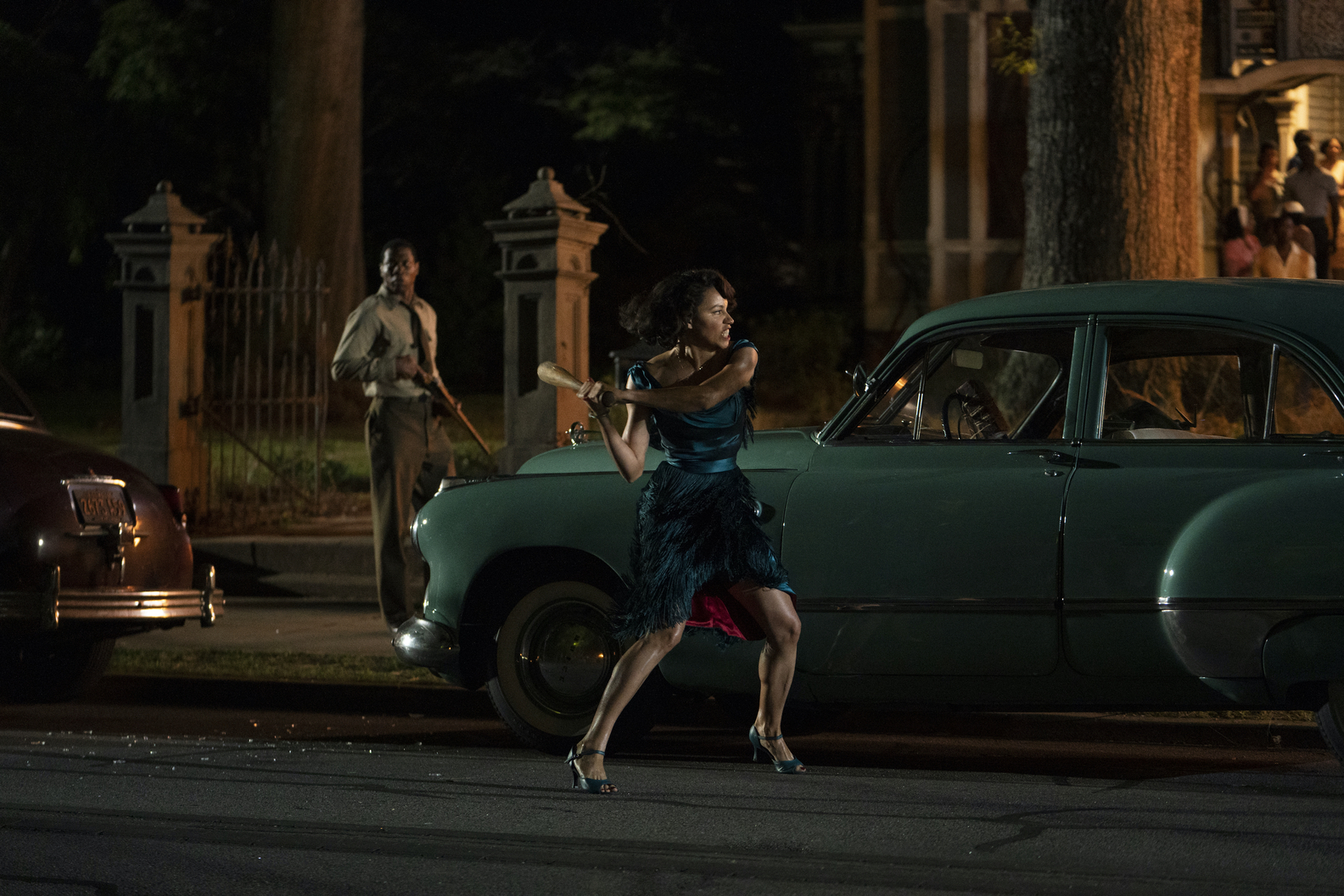
While each episode continues the show's overarching story, the episodes also function as a type of short story (perhaps in reverence of Lovecraft himself). The pilot is a story where unknown evil lurks in dark woods. The second, as best as I can describe without spoiling the pilot, is a "mad scientist"-like tale. The third is a haunted house story, and the fourth, at least based on the episode's previews, seems to be a swashbuckling puzzle adventure, in the vein of "National Treasure" or "The Da Vinci Code" — but, you know, spooky.
The show isn't without flaws. Episodes two and three both feel a bit rushed. Major story-advancing events happen one after another, failing to give viewers time to reflect on what just happened. The second episode, especially, feels like it could have been split into two parts. It would also allow for more character development than we have seen thus far. While there hasn't been none, it's tough not to compare "Lovecraft Country" to fellow HBO show "Watchmen" — another high-concept genre show that stars Black characters and tackles issues of race — and wish the former had the depth and nuance of the latter. Maybe it will in future episodes, but thus far the main takeaway seems to be "Black people had it quite rough back in the day, huh!" Which, while certainly true, isn't exactly novel.
But perhaps this comparison, while natural, is unfair. I think it's possible for shows to have different aims and be equally successful at them. While "Lovecraft Country" deals in racial themes, it's primary intent seems to be acting as big-budget entertainment — and in that regard, it succeeds in spades. The horror elements are more "True Blood" scary than actually scary, but the visuals are gorgeous, especially a climactic basement scene at the end of episode three. All the lead performances are wonderful, especially Smollett, who shows she's equally adept as playing alluring as she is emotionally tortured.
This show isn't going to hit everyone's tastes, but it'll be an instant favorite for those who enjoy the genre or are looking for something truly unique.
Prime Video, rated R, 139 minutes
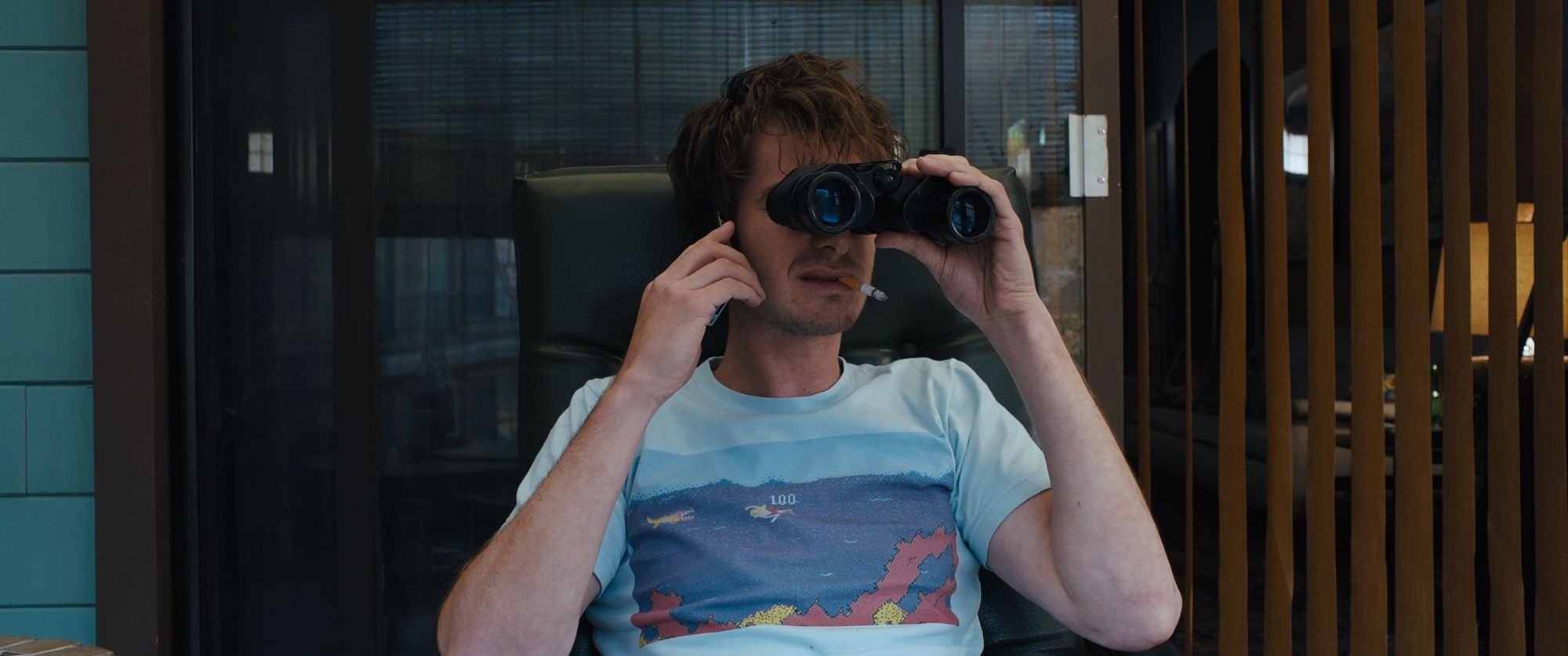
Watching "Under the Silver Lake" made me realize how easy it is for people to fall into believing conspiracy theories. And not just believing them but also following the thread and expanding them to fit whatever they're trying to find. Essentially, becoming the real-life version of Charlie looking for Pepe Silvia in "Always Sunny." Honestly, it wouldn't shock me if the film's main character, Sam (Andrew Garfield), grew up to lead some version of a QAnon-type cult.
The big difference, of course, is that Sam's notion that something is wrong with his universe is right.
Sam's a loser. He has no job and no intention of getting one. He's on the verge of eviction from his apartment for not paying rent. He spends his days looking for patterns in "Wheel of Fortune" episodes and leering at people through binoculars. When the movie begins, he already believes that the rich and powerful control more than the plebeians of our society know. We don't need to watch him get radicalized; he already is.
When a woman from a one-night makeout session, Sarah (Riley Keough), tells him to come back the next day to continue the rendezvous, Sam is distressed to find Sarah's apartment empty. She's moved out, or at least that's what the landlord tells him. But a strange symbol carved into Sarah's bedroom wall — two connected diamonds — gives Sam bad vibes. He's convinced there's more to the story. Why would Sarah tell him to come back if she was moving out? It couldn't be that she wanted to ditch him. That's ridiculous.
Sam's quest for the truth runs headfirst into about 50 other mysterious happenings and groups, including hidden messages in rock songs, maps in magazines that are decoded by toys in cereal boxes, an escort service made up of actors and actresses, someone named The Homeless King, a neighborhood dog killer, squirrels that fall from the sky, the death of an entertainment mogul and a creature of legend called The Owl's Kiss (more on her/it below).
To say which of these things end up mattering to Sarah's disappearance would be a disservice, but I will say this: If you're left feeling unsatisfied, I think that's part of the point. Most conspiracies don't lead to revolution, but they do give the person chasing them down some sort of purpose. Sam's the perfect mark for this type of deep dive. He has no prospects, no time sinks, no responsibilities. He's looking for meaning in his own life and doesn't see it, but damn it, he's going to see it in something, even if he's the only on who does.
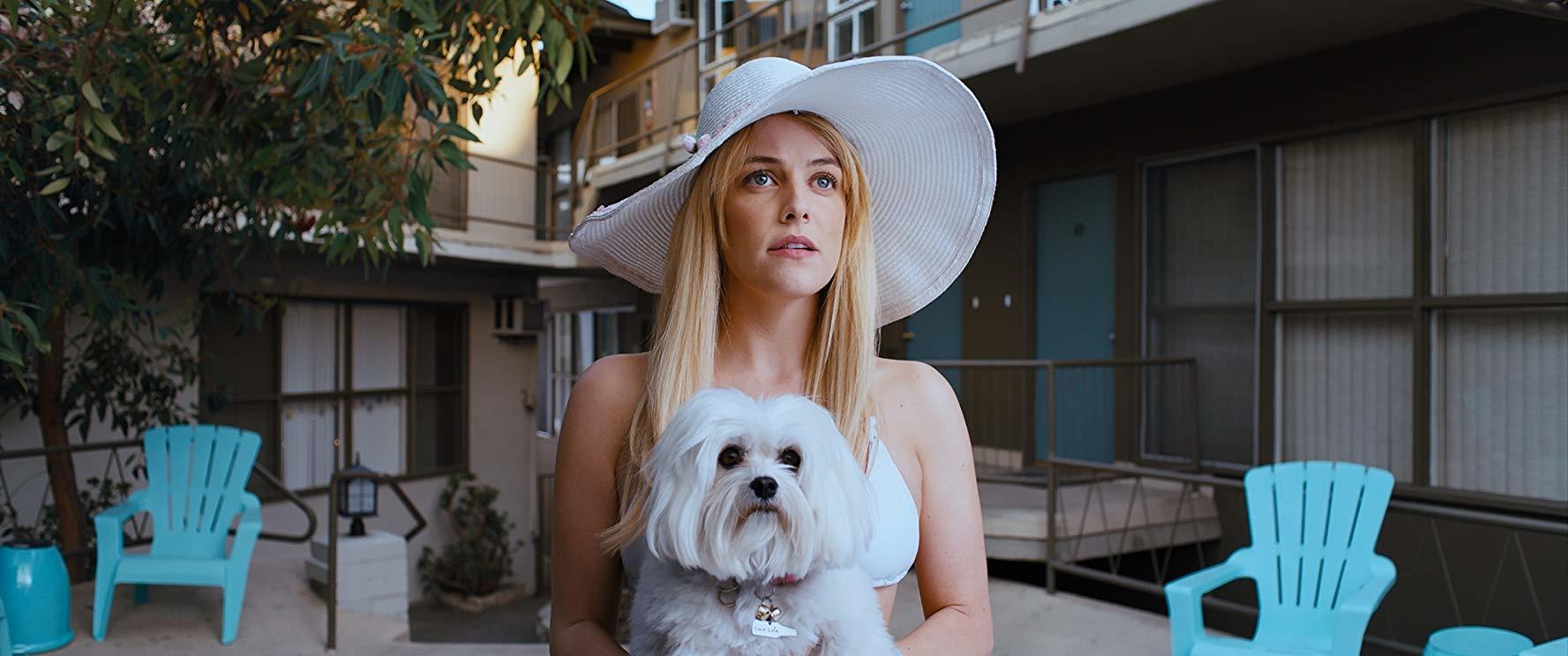
A lot of people don't like "Under Silver Lake," either because they believe the film endorses Sam's behavior or because of the way women are treated along the way. The latter point is a fair one; as much as that is part of the meta point the film is making — in the industry, women and their dreams are sacrificed for the whims of rich men — the point is also gratuitously made. Every major female character in the film is there to be objectified or killed, or both. Combined with Sam's penchant for leering at people from his balcony, the whole thing feels a bit college bro-y. It's redeemed a bit by the appearance of The Owl's Kiss, a malevolent force that appears as a nude woman (sans an owl mask) and kills men in their beds, seemingly in response to their lewdness. To me, it represents women reclaiming the control and power that stems from such scenes, but it's possible I'm giving the film too much credit.
Either way, I get that critique. I don't really get the former point, that Sam's suspect behavior is endorsed by the film. Things don't work out for him, or at least not in the way he originally envisions. He's a sad, gross guy, and the film makes no bones — this is a pun, but you don't know that yet — about how much destruction he has left in his wake. There's a running joke about how much he literally stinks.
The film's greatest trick is making the viewer as interested in the goings-on as Sam is. Every time two threads connected, I reflexively (and internally) lit up. That thing from before! It's back! Of course, I felt this way while knowing it was bullshit. But the thrill of stumbling onto something hidden, something forbidden, is a primal surge of feeling. "Under the Silver Lake" wasn't a big release. Maybe after watching it you'll think its 139 minutes were a waste of time, maybe not. But you probably won't feel that way while it's on. That thrill of discovery is just a few button pushes away for you, too; why not treat yourself to it? You'll never know what you'll learn on the other side.